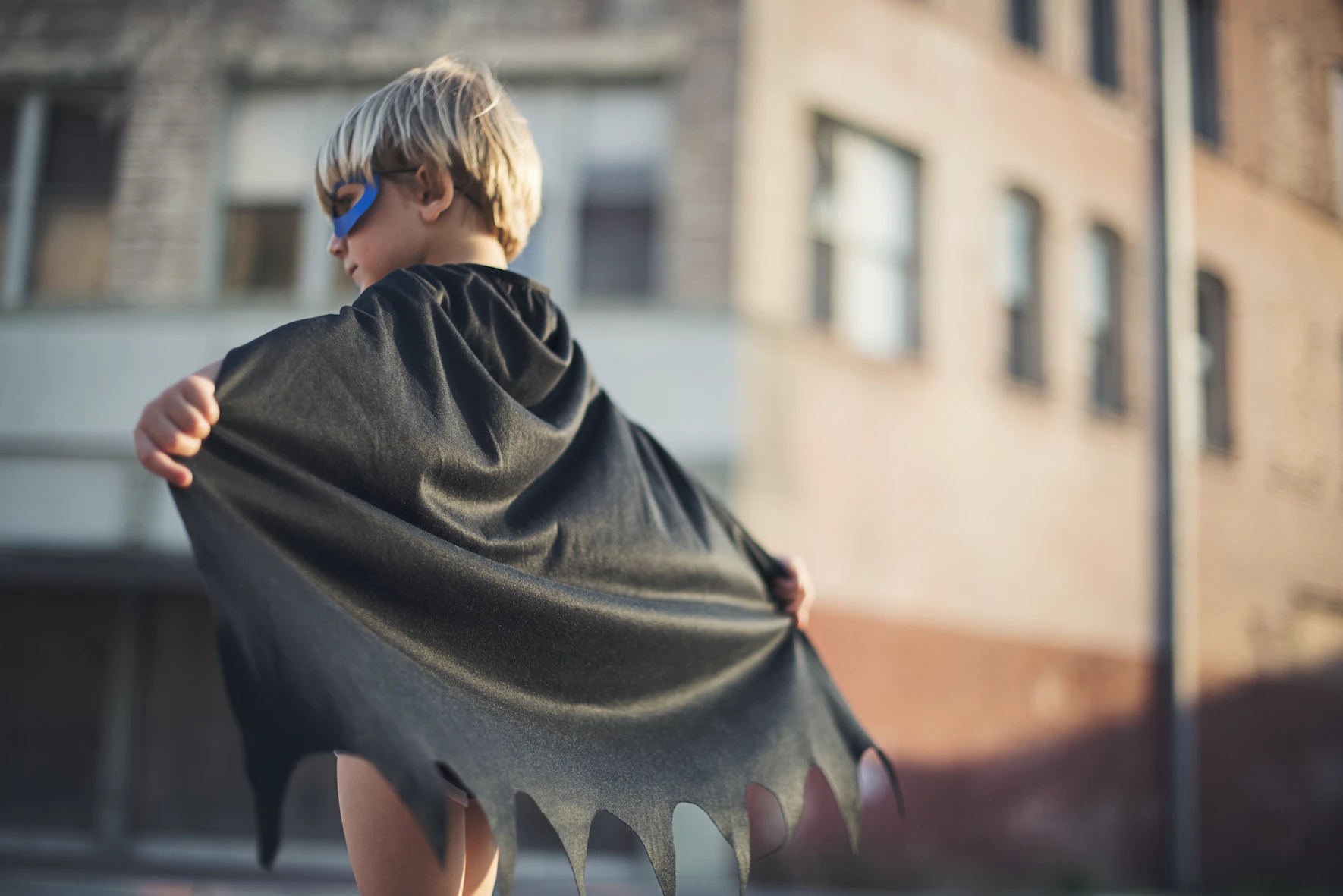Giornata Mondiale dell'Infanzia e dell'Adolescenza
Ancora invisibili, in cinque anni in Italia la percentuale di giovani tra i 15 e i 24 anni che deve occuparsi di un familiare è raddoppiata, salendo al 6,6%, che significa circa 400mila ragazzi.
Quando in una famiglia un componente ha una fragilità psichica o fisica, gli impatti del prendersi cura ricadono su tutti i membri, inclusi i più giovani.
I giovani caregiver sono adolescenti o ragazzi che si trovano a dover gestire in termini di cura, materialmente ed emotivamente, un familiare che soffre, ad esempio, di una malattia fisica o psichica, con una disabilità o una dipendenza, caricandosi una responsabilità tutta adulta. Sono quotidianamente sottoposti a uno stress intenso e prolungato, che incide sulla loro qualità di vita e sulla loro salute, sia fisica sia mentale.
Prendersi cura di un familiare di per sé non è facile, ma per un giovane caregiver l’equilibrio psico-fisico e il benessere personale subiscono un impatto molto più significativo, in termini di ripercussione sulla vita sociale e relazionale; sul rendimento scolastico e/o professionale e su uno sviluppo psicologico sano.
Questi giovani crescono in modo diverso dai loro coetanei: la figura del genitore di riferimento viene meno e in un'età che, sotto la spinta di leggerezza, desideri e curiosità, dovrebbe essere caratterizzata dall'esplorazione del mondo circostante e dal proprio spazio identitario e psichico interiore, il bisogno di cura viene sovrastato dal compito di cura.
L' “adultizzarsi” genera nei giovani caregiver sentimenti di frustrazione, sovraccarico emotivo, rabbia, stress, senso di inadeguatezza e chiusura. Infatti la vergogna li spinge, spesso, a non raccontarsi all'altro, a tenere tutto il carico per sé, a non invitare nessuno a casa, a non uscire con gli amici Sono ragazzi che a volte vengono bullizzati e che abbandonano la scuola o perdono l’anno scolastico, perché magari la scuola non è a conoscenza di questa situazione.
Diventa un'impresa far conciliare il tempo per la cura e l'assistenza al genitore con disabilità con il tempo per la scuola, per il tempo libero, per lo sport e i per i momenti di socialità e spesso la rinuncia a se stessi diventa l'unica strada percorribile.
Il Regno Unito è l’unico Paese oggetto ad avere una legislazione specifica sui giovani caregiver che impone alle autorità locali di adottare delle misure per identificate questi ragazzi, valutarne i bisogni e capire come i compiti di assistenza impattino sulla loro salute psico fisica. La legislazione svedese rappresenta invece una sorta di via di mezzo tra un approccio specifico e uno non specifico poiché pur non riferendosi ai giovani caregiver, riconosce a tutti i bambini con genitori malati, disabili o con dipendenze, il diritto di ricevere consigli, supporto e informazioni sulle patologie dei genitori. In Italia, così come in Svizzera, Olanda e Slovenia, esiste una legislazione non specifica che tutela i minori – in generale – in ambito socio-sanitario, sul diritto all’infanzia, sulla famiglia e sull'istruzione.
Tuttavia negli ultimi cinque anni la situazione nel nostro Paese è migliorata: numerosi sono gli interventi di organizzazioni ed associazioni per i giovani caregiver che si impegnano a sensibilizzare insegnanti, operatori sociali e cittadini sul tema. Di rilevanza nazionale e non solo è l'associazione Comip ( Children Of Mentally Ill Parents) la prima in Italia creata da figli di genitori con un disturbo mentale, che sono stati da ragazzini i caregiver dei propri genitori.
Crediamo che la strada per alleggerire il carico emotivo, psicologico e fisico dei giovani caregiver e per prevenire il loro conseguente isolamento sia mantenere un'attenzione viva sul tema nella popolazione e sensibilizzare e formare operatori, insegnanti, famiglie e istituzioni, affinché adottino modelli di intervento specifici. Intendiamo, invece, dire ai giovani che si prendono cura di un familiare: condividete il dramma che vi vive dentro!!

